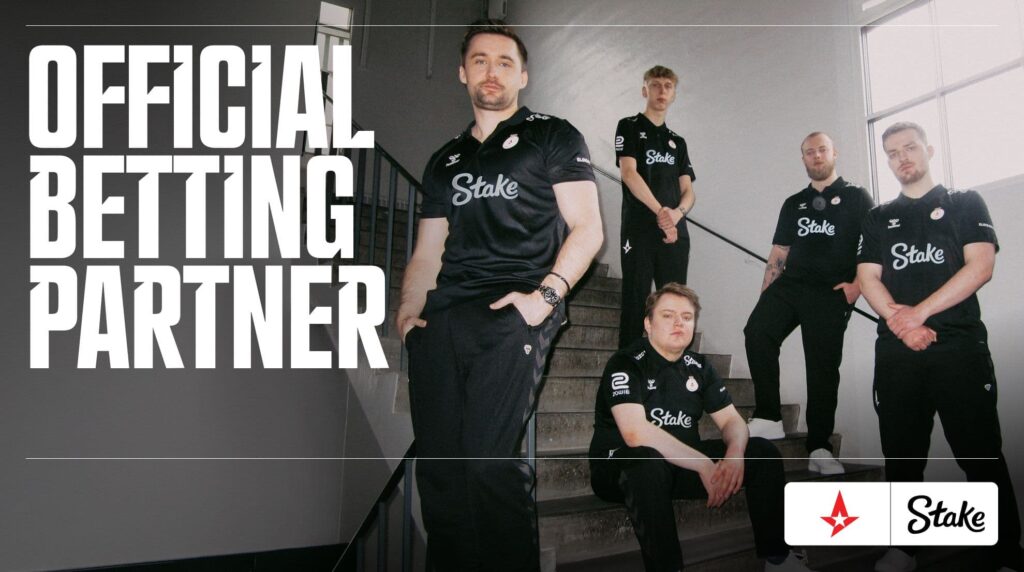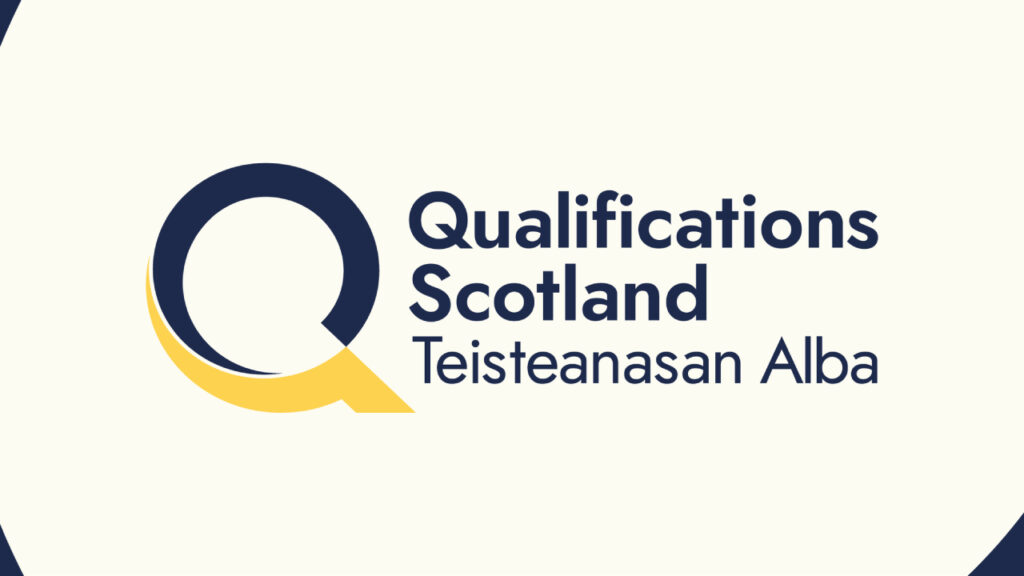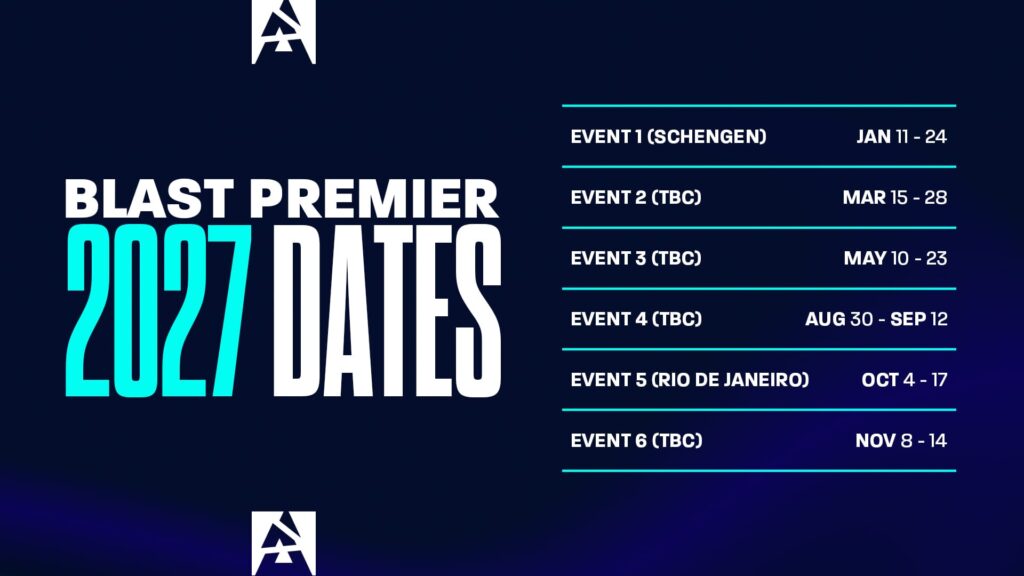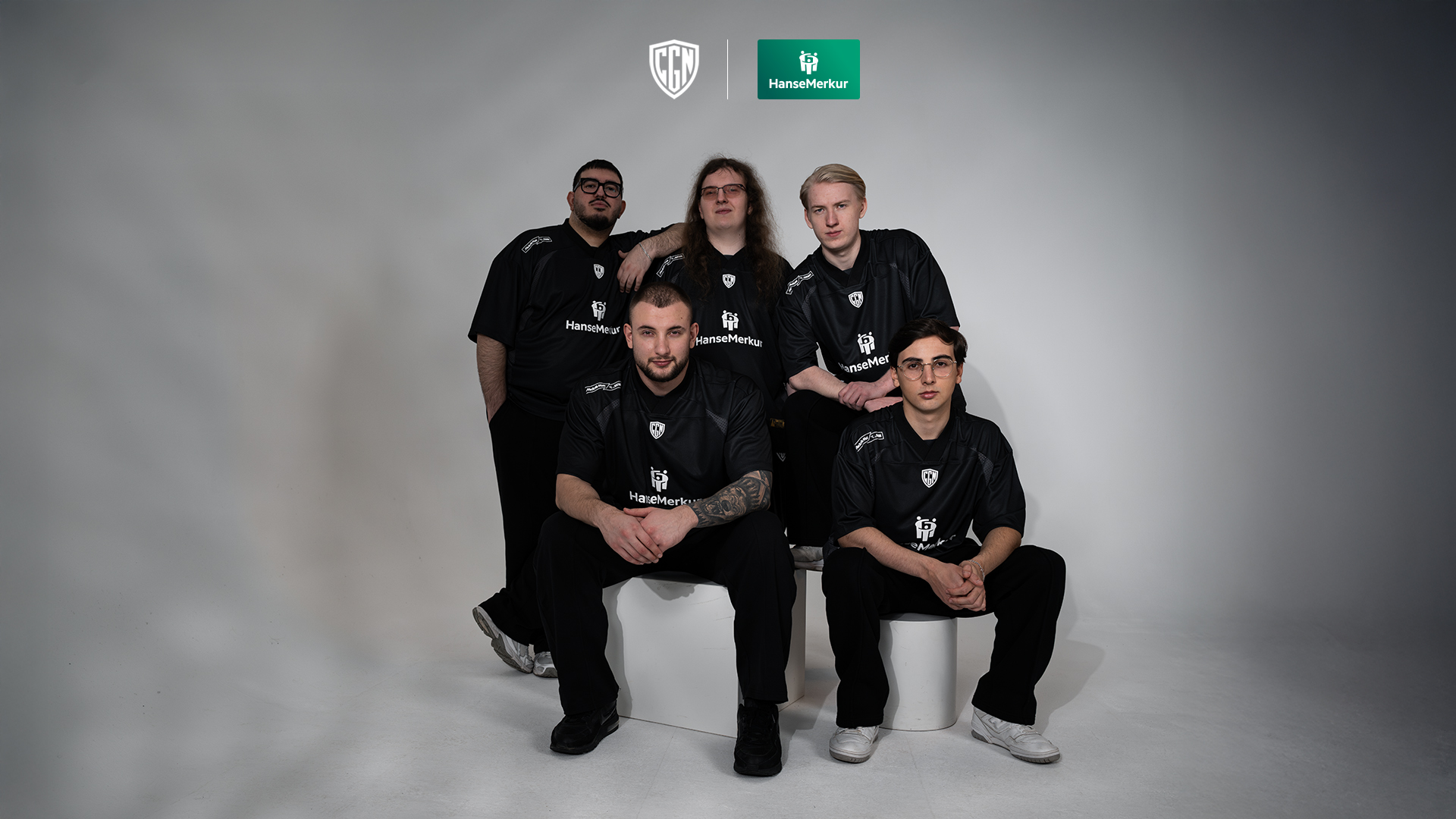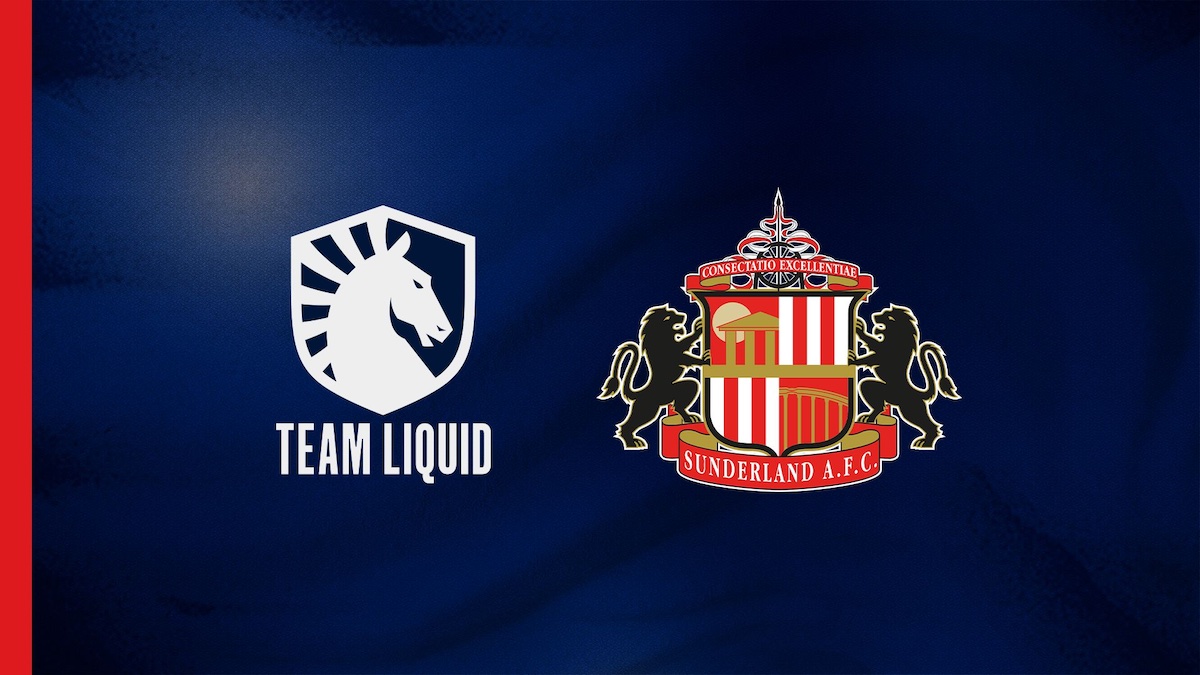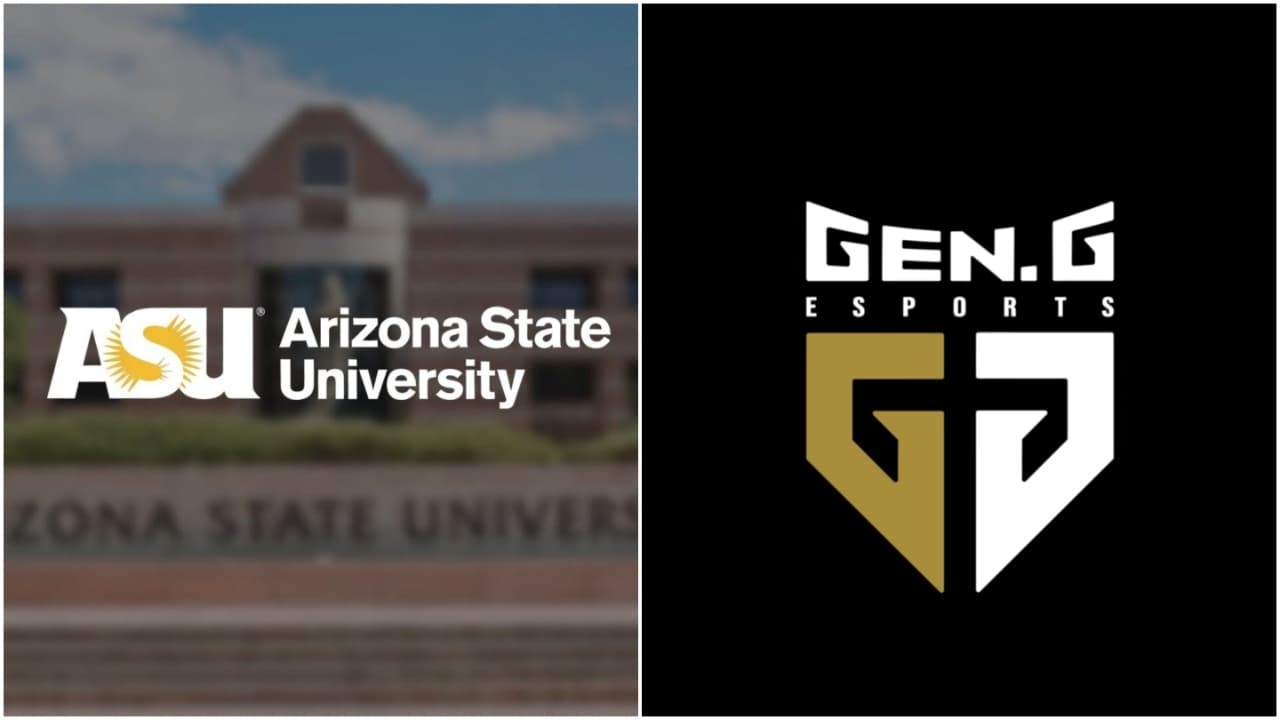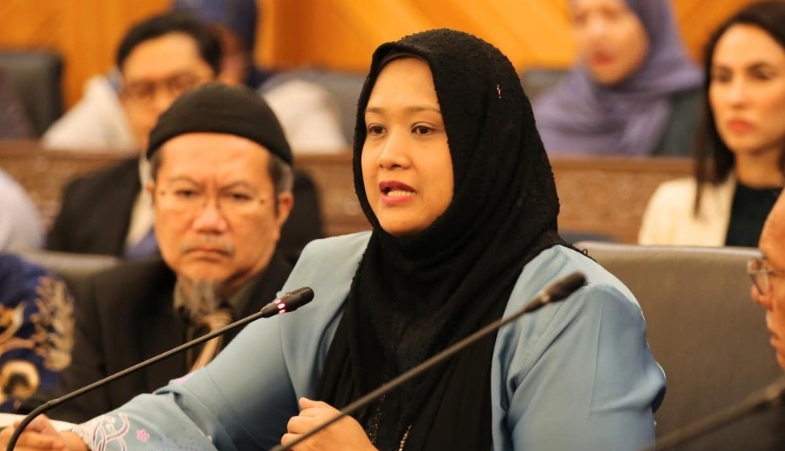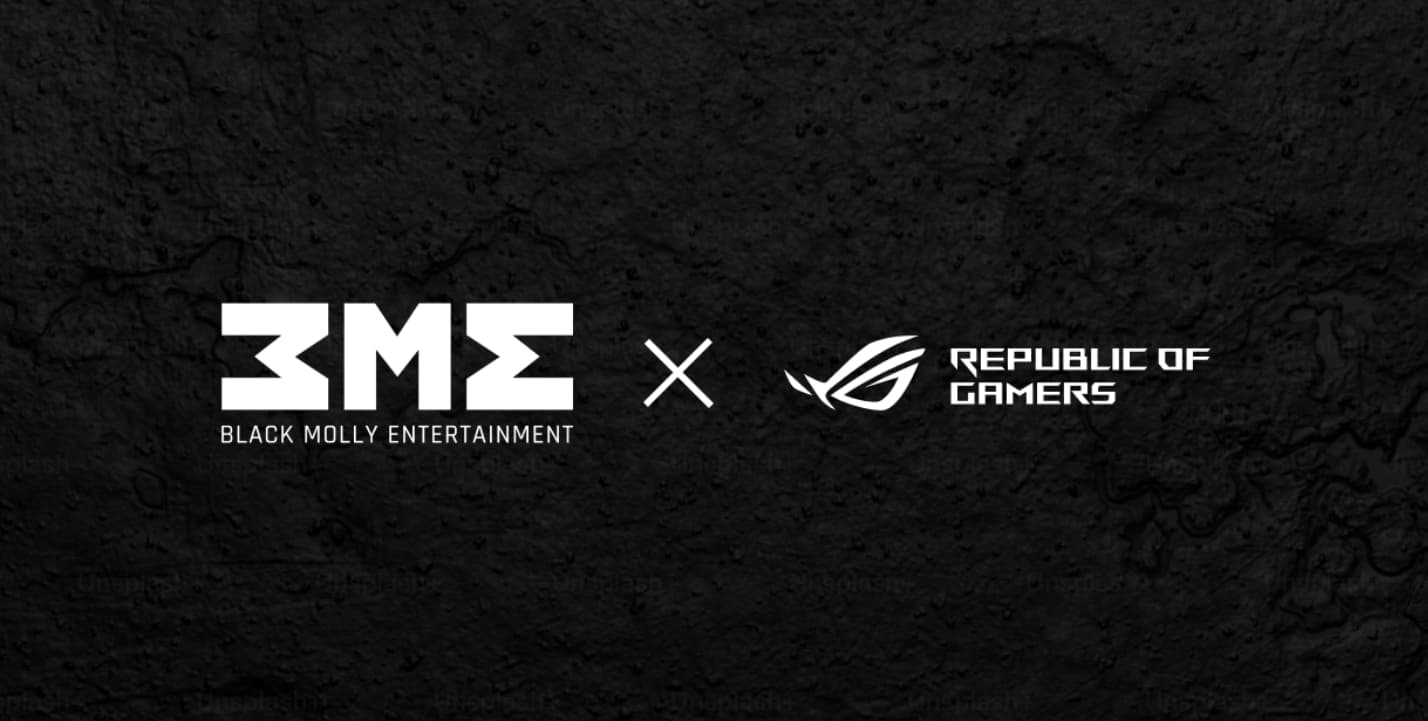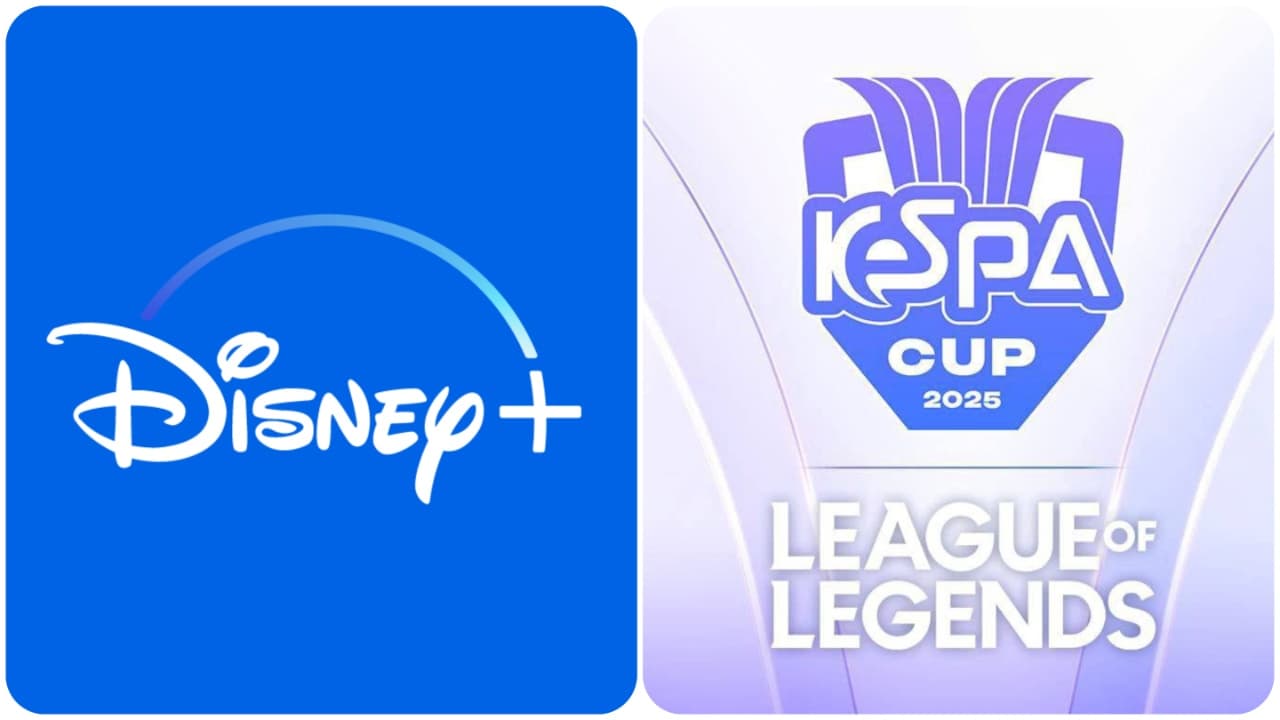The E-Sport-Bund Deutschland (ESBD; German Esports Federation) has published its first industry report, produced in collaboration with PwC Germany and the University of Applied Management (HAM).
Titled The E-Sport Report 2025, the 60-page publication examines the German esports market, its potential, and key stakeholders. It also addresses the sector’s economic impact, league and tournament landscape, sponsorship activities, and grassroots esports. The report was made available in print for the first time at IEM Cologne and is now accessible for free download.
The report reveals critical insights about Germany’s esports ecosystem, highlighting both its strengths and vulnerabilities. The sector generated €160 million (~$185 million) in revenue in 2024, with sponsorship accounting for 51.5% of earnings – something pointed as a over-reliance that leaves the industry exposed to economic downturns. While Germany remains Europe’s largest esports market, its global competitiveness is slipping, the report identifies challenges in Germany’s ability to nurture top-tier talent despite hosting major tournaments like IEM Cologne.
Demographic data exposes another challenge: women comprise just 14.7% of participants despite making up 50.5% of Germany’s population, with toxic online environments and structural barriers cited as key factors. However, the report also highlights positive developments, suggesting that while Germany’s esports sector shows promise, strategic investments in diversity initiatives, revenue diversification, and youth development programs will be crucial to maintaining its European leadership position.
Key contributors included ESBD President Christopher Flato, responsible for strategic oversight, and Prof. Dr. Anna Löchner, HAM’s Head of Gaming and Esports. PwC’s Director of Immersive Technologies, Florian Voigt, and Gaming & Esports Lead, Julia Wilner, led the economic and sponsorship analysis, while industry figures like SK Gaming CEO Alexander Müller and Esports World Cup Foundation CEO Ralf Reichert contributed guest essays on competitiveness and governance.
In a press release, Flato summarised the purpose of the publication: “With this report, we want to support all stakeholders in jointly developing esports in Germany – based on reliable data, transparently, and with the goal of becoming a responsible and leading esports nation.”
“We are proud to have co-developed this first esports report for Germany as an academic partner,” Prof. Dr. Löchner said, calling the project “real collaboration, real community, and a lot of fun,” and confirming plans for a follow-up edition in 2026.
PwC Germany’s Julia Wilner, emphasised the aim to “sustainably professionalise esports in Germany” and establish “stable structures that benefit the entire scene,” noting the report provides “in-depth, data-based insights” to support the industry’s future development.
The report’s data was compiled through surveys of 869 esports participants and analysis of 27,627 league competitors, alongside sponsorship audits of 188 brands. Research was supplemented by tournament organizers such as ESL and Prime League, with methodology reviewed by academics and industry experts. The full list of contributors—including sports psychologists, market analysts, and grassroots esports advocates—appears in the report’s credits.




